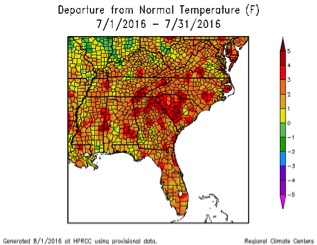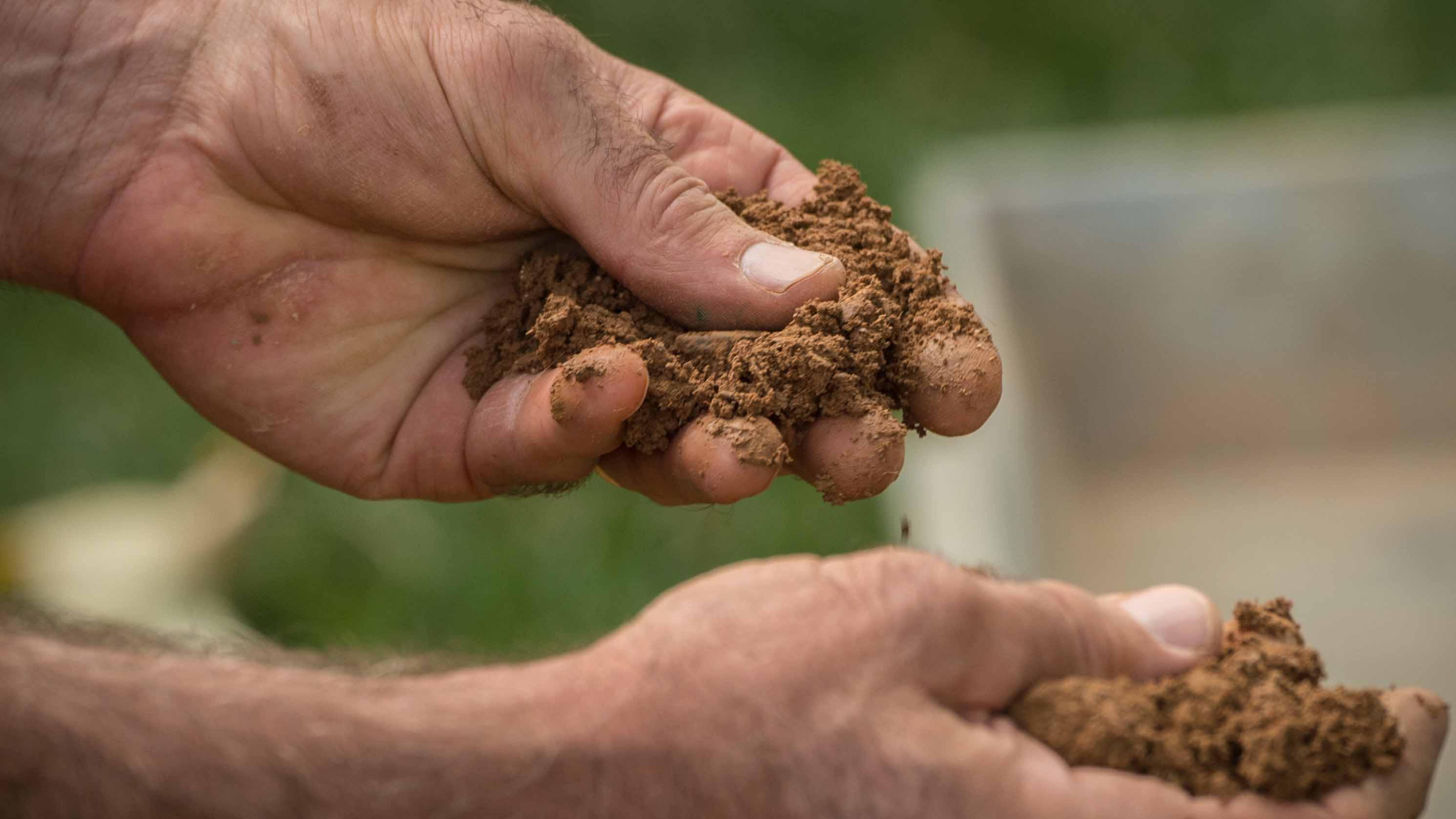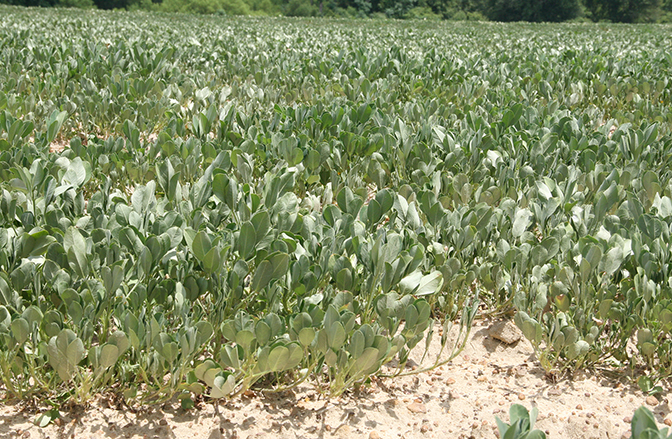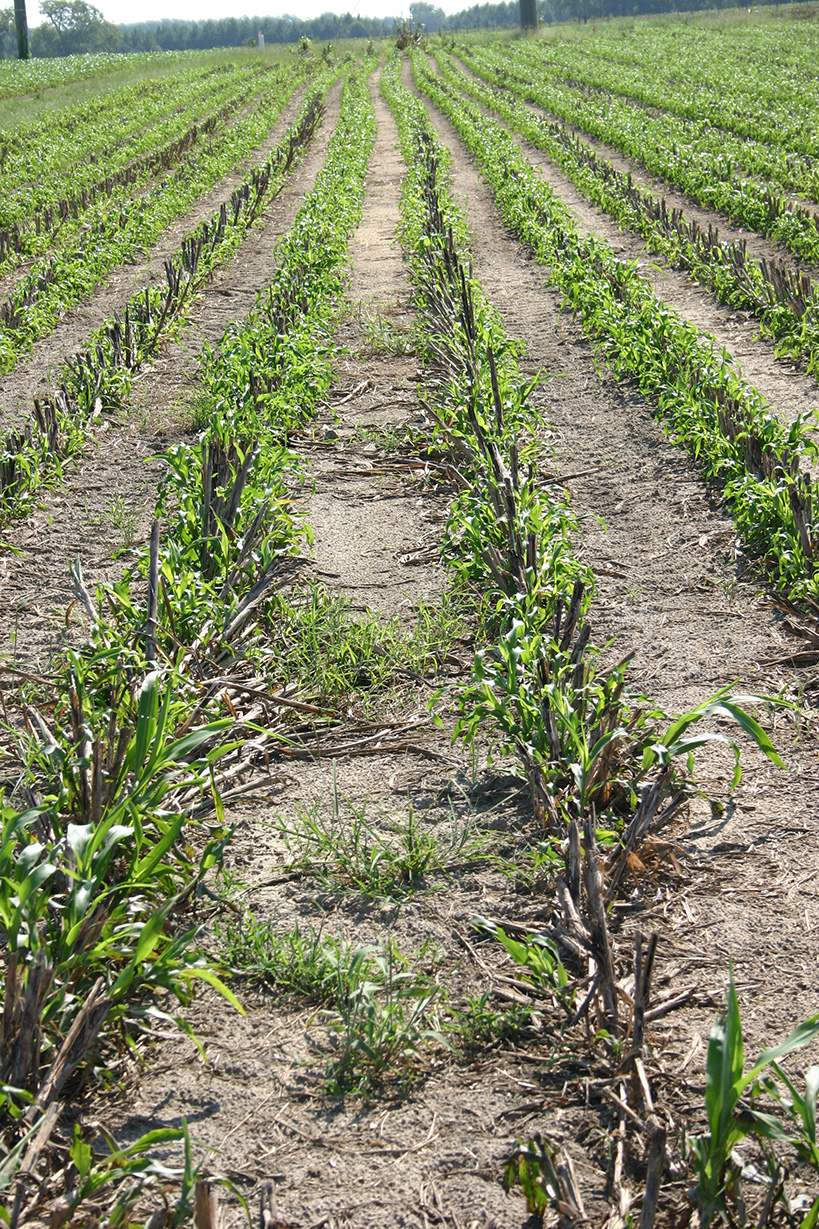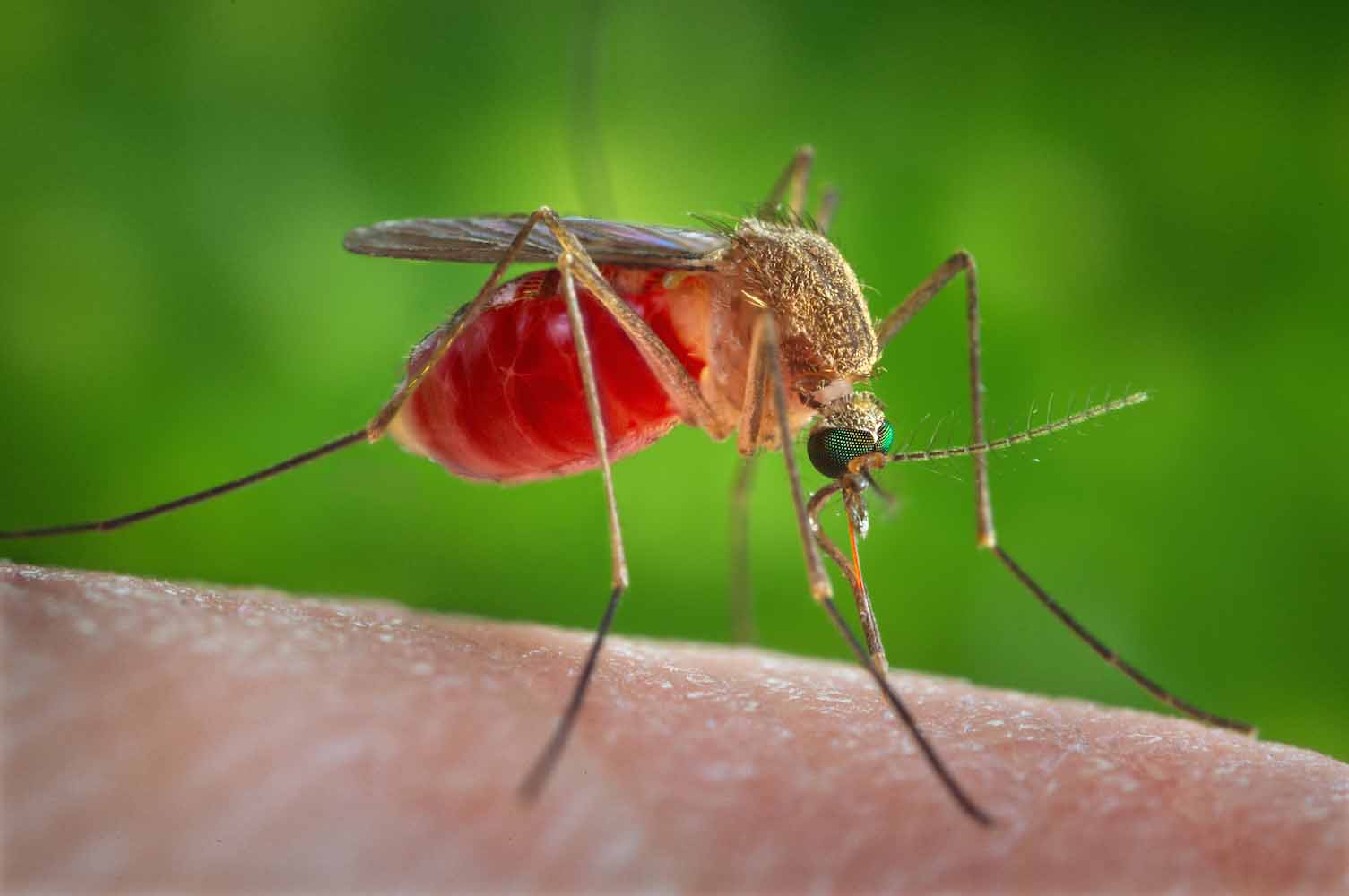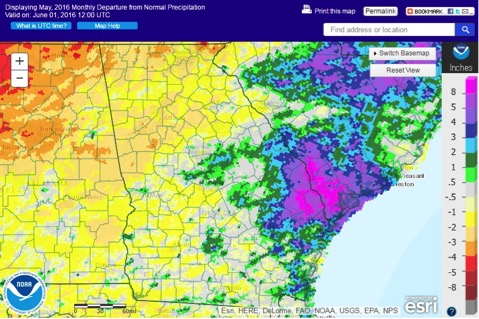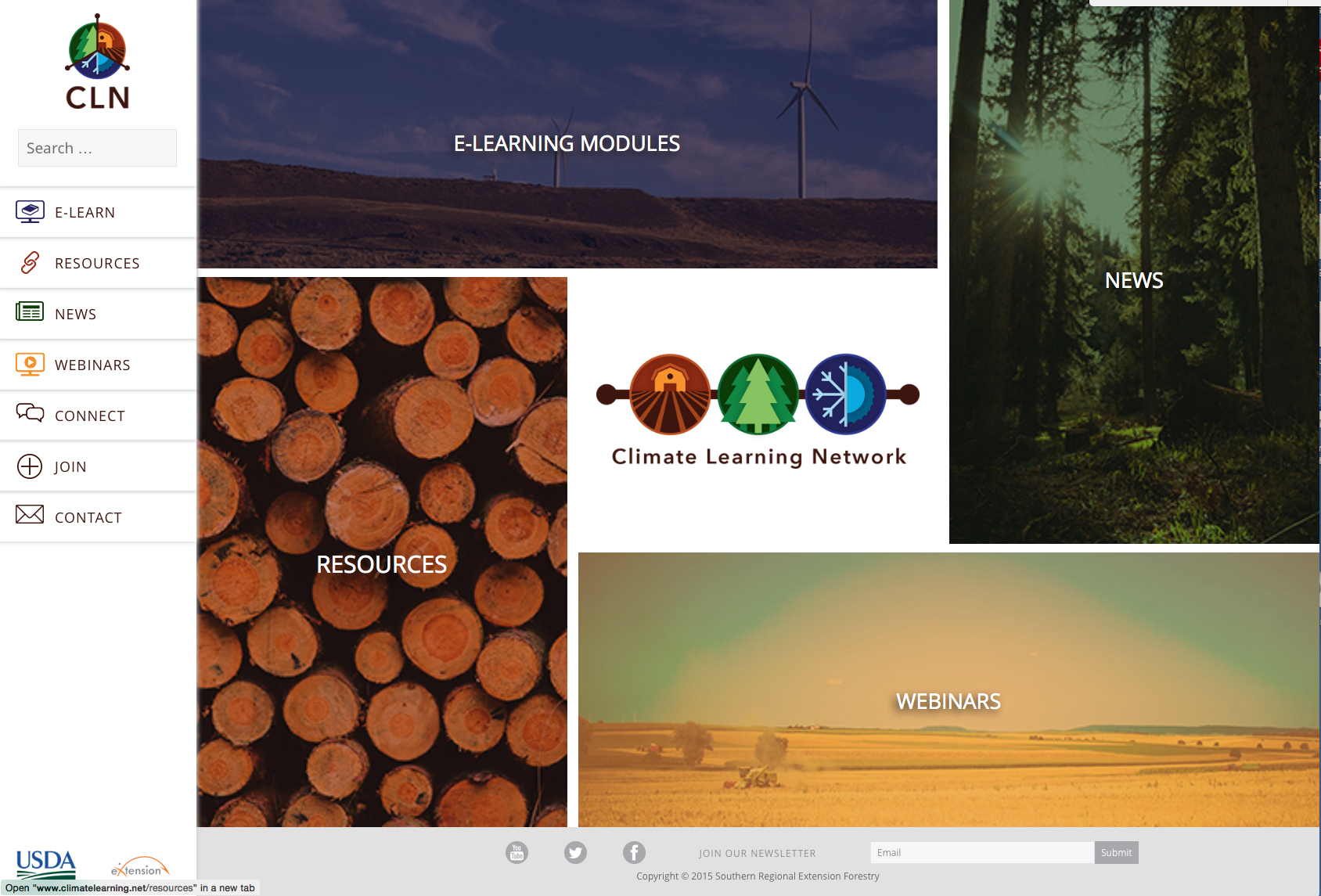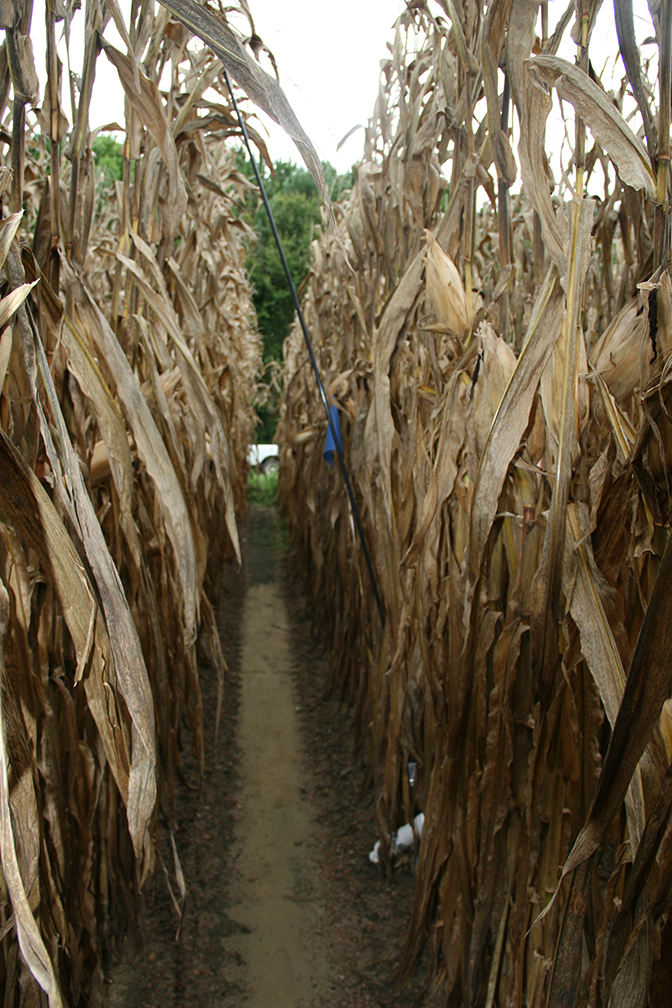 CAES News
CAES News
Sensor Placement
Knowing the best place to install soil moisture sensors in fields, and how many, helps farmers optimize their water use, says University of Georgia Cooperative Extension precision agriculture and irrigation specialist Wes Porter.

